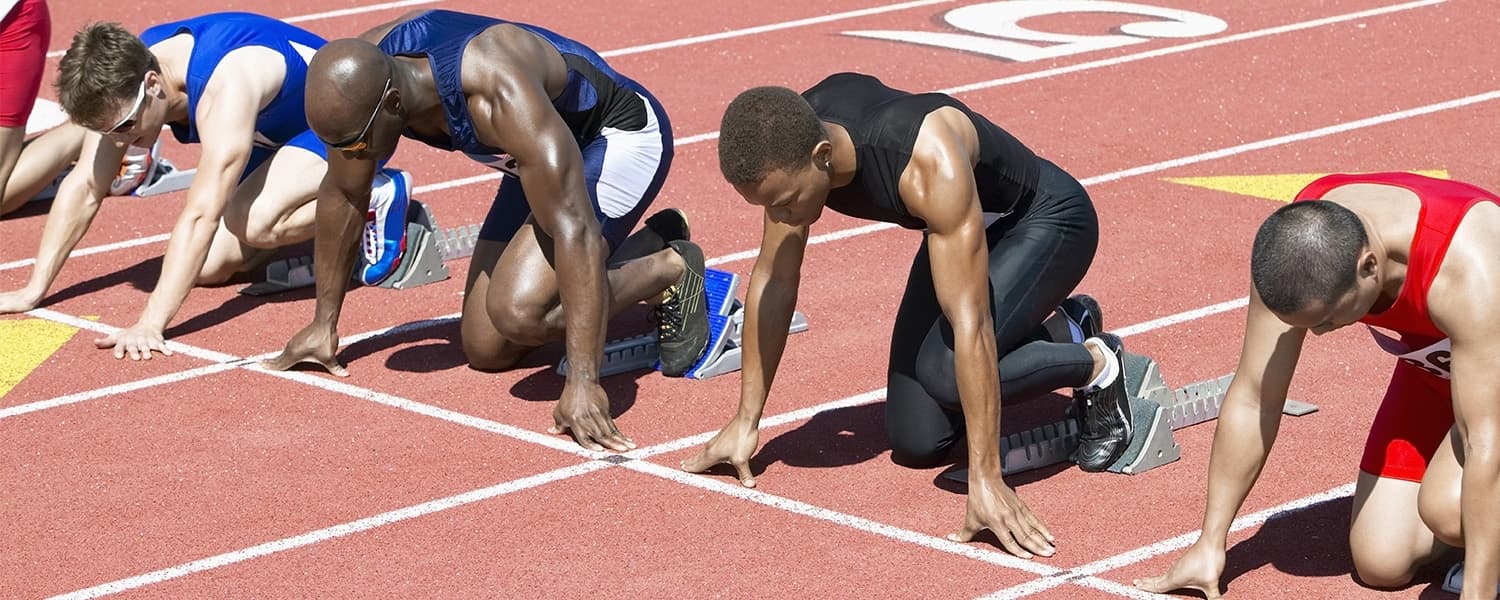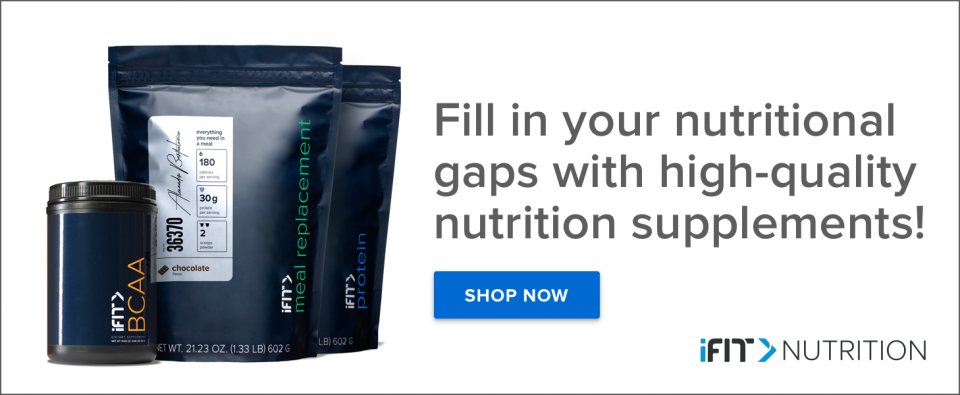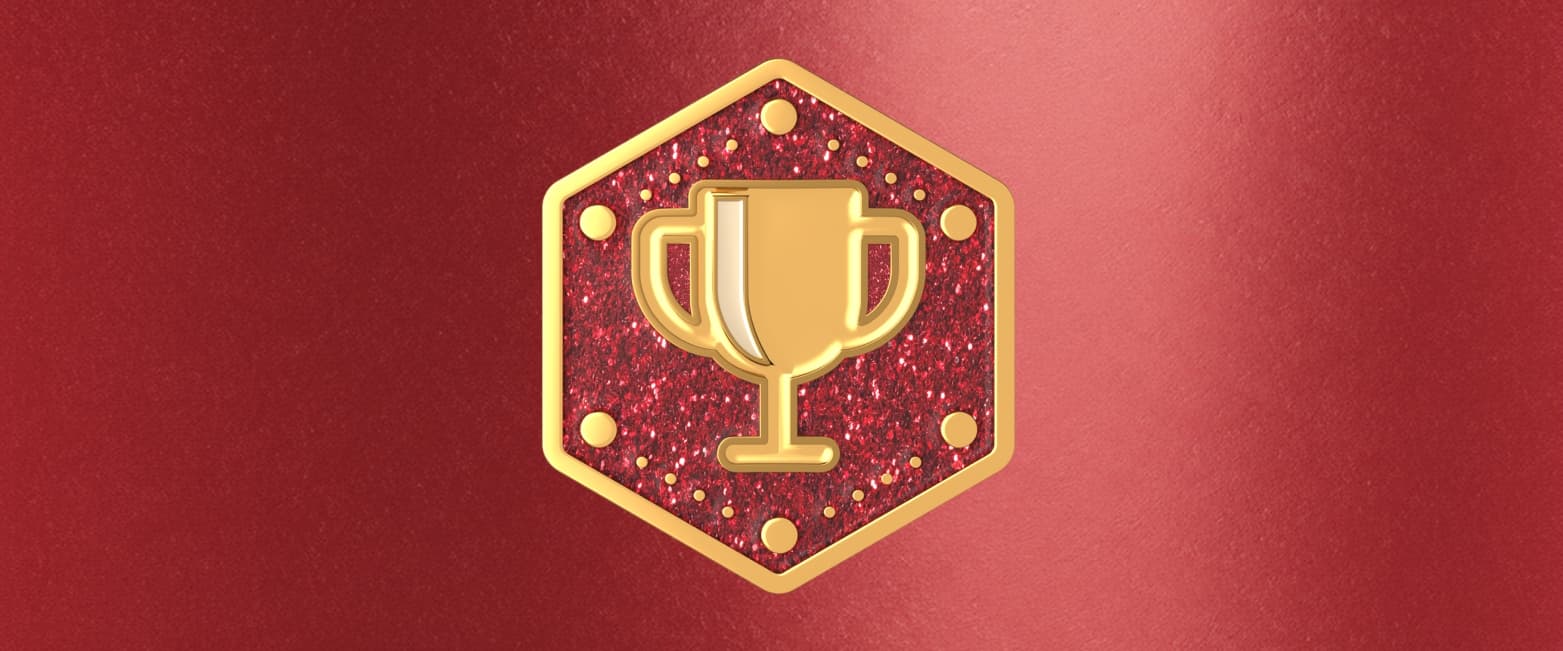
We all like a drink every now and then, but could your alcohol indulgence be affecting your performance?
You may have heard that a glass of red wine every day can supply your body with antioxidants and other beneficial nutrients, but is it really doing you more good than bad?
Odds are, it probably isn’t.
Runners seem to have a beer and alcohol obsession. I can’t count the number of races I’ve participated in where it seems as though the beer at the end of the race is the whole reason to run in the first place. I don’t know if runners have figured out that there are easier ways to get alcohol than running marathons…
While a beer after your 5K or half marathon probably won’t hinder your performance in any major ways, it can still have several negative effects such as promoting dehydration, loss of grip strength, decreased explosive power, and increase in fatigue [1].
Let’s look at how alcohol can really affect your body:
Health implications
It’s never recommended to consume large amounts of alcohol, and for good reason. There are many health implications like liver cirrhosis, ulcers, heart disease, diabetes, myopathy, bone disorders, and mental disorders. Consuming moderate to heavy amounts of alcohol on even a semi-regular basis can be detrimental to your health, so be sure to keep it to a minimum and not around the time of any major competitions.
Alcohol is also a diuretic which increases your urine production in relation to the amount of liquid you consume (which is why you get a hangover), and hangovers have been reported to decrease athletic performance by 11.4%. It has also been reported that regular alcohol consumption will depress immune function, slowing down the rate of healing from sports-related injuries [2].
Performance implications
Obviously while intoxicated, many skills are affected. Everything from reaction time to fine motor skills can be negatively influenced, but there are longer lasting effects as well. One of the biggest concerns with alcohol consumption is that it slows the process of replenishing your glycogen stores. What that means is that it takes longer for your body to refuel itself after aerobic exercise. For runners, that could lead to fatigue post-run, and could shorten the time your body can run on efficient fuel, which means you’ll hit the dreaded “wall” faster.
Alcohol has also been shown to impair protein synthesis [3]. This means that your muscles won’t be able to repair themselves as easily or as quickly. Slower recovery time means that not only will you take more time to bounce back after a hard workout, but you won’t be able to build muscle as efficiently, so you might continue to be sore longer. Let’s just not mix alcohol and hard workouts, okay?
Caloric implications
If weight loss is your goal, then stay away from alcohol. Alcohol is a non-essential nutrient and it contains a whopping 7 kcal/gram. In comparison, carbs and protein only have 4 kcal/gram and fat has 9 kcal/gram. Even though alcohol does provide energy in the form of calories, those calories are generally displacing nutrients that are essential for your body to perform at its best.
Also, since alcohol doesn't give you a feeling of satiety, it’s very easy to consume a lot of calories without getting any real satisfaction from a hunger standpoint. Alcohol is so calorie dense on its own, mixed drinks can become a weight loss nightmare. With some beverages like pina coladas weighing in at over 500 calories. So be sure to keep your fancy drinks to a minimum or choose options that have lower calorie add-ins.
A few general rules to follow:
If you’re looking to be at the very top of your game, set new personal records, or climb the ranks as an athlete, alcohol is something that should be consumed in very minimal amounts.
If you’re looking to lose weight, stick to a simple or light alcoholic beverage, and try to keep your drinking to a minimum.
Basically, if you want to be healthy, don’t drink excessively.
Becca Capell
iFit Head Trainer
WARNING: This post is not intended to replace the advice of a medical professional. The above information should not be used to diagnose, treat, or prevent any disease or medical condition. Please consult your doctor before making any changes to your diet, sleep methods, daily activity, or fitness routine. iFit assumes no responsibility for any personal injury or damage sustained by any recommendations, opinions, or advice given in this article.
References
1. Vella, L. D., & Cameron-Smith, D. (2010). Alcohol, Athletic Performance and Recovery. Nutrients, 2(8), 781–789. http://doi.org/10.3390/nu2080781
2. http://journals.lww.com/acsm-healthfitness/Citation/2010/05000/Alcohol_and_Athletic_Performance.11.aspx
3. https://www.acsm.org/docs/current-comments/alcoholandathleticperformance.pdf


